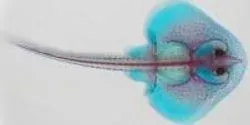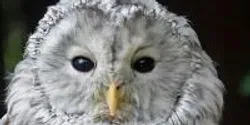All by University of Cambridge
Filter by
AllArticlesAudioEbooksEventsInfographicsNewsProductsSurveysDocumentsVideosVirtual EventsWebinars
The author of a new study of evolutionary convergence argues that the development of life on Earth is predictable, meaning that similar organisms should therefore have appeared on other, Earth-like planets by now.

A new film from the University of Cambridge looks at how mice are helping the fight against cancer and the facilities in which they are housed, and explores issues of animal welfare and the search for replacements

Eve, an artificially-intelligent ‘robot scientist’ could make drug discovery faster and much cheaper, say researchers writing in the Royal Society journal Interface. The team has demonstrated the success of the approach as Eve discovered that a compound shown to have anti-cancer properties might also be used in the fight against malaria.

The first comprehensive computer model to simulate the development of blood cells could help in the development of new treatments for leukaemia and lymphoma, say researchers at the University of Cambridge and Microsoft Research.

Scientists at the University of Cambridge working with the Weizmann Institute have created primordial germ cells – cells that will go on to become egg and sperm – using human embryonic stem cells. Although this had already been done using rodent stem cells, the study, published Dec. 24 in the journal Cell, is the first time this has been achieved efficiently using human stem cells.

Ebola, as with many emerging infections, is likely to have arisen due to man’s interaction with wild animals – most likely the practice of hunting and eating wild meat known as ‘bushmeat’. A team of researchers led by the University of Cambridge and the Zoological Society of London (ZSL) has surveyed almost six hundred people across southern Ghana to find out what drives consumption of bat bushmeat – and how people perceive the risks associated with the practice.

















